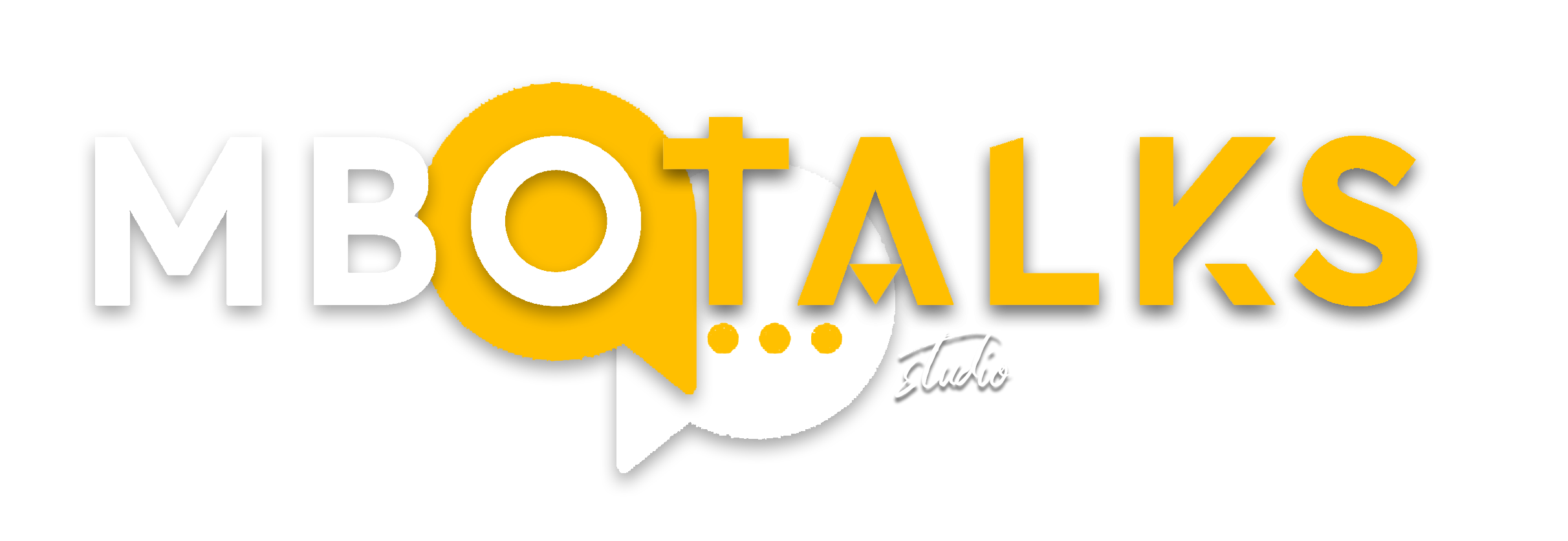In an increasingly connected and competitive world, effective networking plays a fundamental role in business success. The ability to build solid, lasting relationships during corporate events can open doors to strategic partnerships, business opportunities and professional growth. In this article, we'll explore effective strategies for networking at corporate events, providing practical tips and valuable insights.

What is Networking and why is it important?
Networking is the process of establishing and cultivating professional relationships with other people inside and outside your area of expertise. It involves creating authentic and lasting connections based on trust and mutual benefit. Networking is not just about building a list of contacts, but about cultivating genuine relationships that can be beneficial in the long run.
There are several reasons why networking is important for business success:
Business opportunities: By building a solid network of contacts, you increase your chances of finding business opportunities, such as strategic partnerships, sales and new customers .
Knowledge exchange: Networking allows you to share knowledge and experiences with other professionals, which can enrich your perspective and help you improve your skills.
Access to resources: Through networking, you can gain access to valuable resources such as mentors, experts in certain fields, and insider information.
Professional growth: Connecting with influential professionals and thought leaders can boost your professional growth by providing guidance and learning opportunities.
Strengthening reputation: Well-done networking can help build a solid and positive reputation in the market, which can open doors to collaborations and opportunities business.
Now that we understand the importance of networking, let's explore some effective strategies for building solid relationships during corporate events.
1. Prepare before the event
Before participating in a corporate event, it is essential to prepare adequately. Find out who will be attending the event, research guest speakers and attendees, and identify those with whom you would like to connect. Keep your networking goals in mind and set clear goals for the event.
In addition, be prepared to present yourself in a concise and impactful way. Develop an elevator speech that summarizes who you are, what you do, and the value you can offer others. Having a clear and memorable introduction can help create a positive first impression during the event.
2. Be open to new connections
During the event, be open to meeting new people and making new connections. Don't limit your interactions to just professionals you already know or who are directly related to your field. Be open to talking to professionals from different industries and experience levels, as this can lead to unexpected opportunities and valuable insights.
Look for formal and informal networking moments, such as coffee breaks, happy hours and specific networking sessions. These moments offer a unique opportunity to interact with other participants in a more relaxed environment conducive to building relationships.
3. Have a genuine and authentic approach
When starting a conversation with someone, be genuine and authentic. Show genuine interest in people and demonstrate curiosity about their experiences and perspectives. Avoid superficial and generic approaches, and try to create a meaningful connection from the beginning.
Ask relevant questions and actively listen to the answers. Show interest in others' stories and achievements, and find ways to offer support and value. Remember that networking is a two-way street, and building lasting relationships requires reciprocity and mutual benefits.
4. Use social media to your advantage
Social networks play an important role in modern networking. Before, during and after the event, use social media to connect and stay in touch with your new contacts. Add them to your professional networks like LinkedIn and share relevant insights and information.
Additionally, take advantage of social networks to follow the updates and activities of your contacts. Comment on their posts, share relevant content, and show genuine interest in their work. This will help strengthen relationships and maintain connection after the event.
5. Follow-up is essential
After the event, it is essential to properly follow up with your new contacts. Send a thank you email, recalling the conversation and mentioning anything specific that was discussed. This gesture demonstrates your genuine interest and helps strengthen the relationship.
In addition to the follow-up email, be open to arranging face-to-face or virtual meetings with your contacts. This allows you to continue to build strong relationships and explore opportunities for collaboration.
6. Cultivate long-term relationships
Networking is not just about making temporary connections. It's about cultivating long-term relationships that can benefit both parties. Stay in regular contact with your contacts, share relevant information and be available to offer support whenever possible.
Additionally, be open to collaborations and strategic partnerships. Identify opportunities to work together and be willing to explore them. Effective networking is not just about building a list of contacts, but about building solid, lasting relationships that can bring mutual benefits over time.
Conclusion
In an increasingly connected and competitive world, effective networking is essential for business success. By building solid relationships during corporate events, you open doors to strategic partnerships, business opportunities and professional growth.
To make the most of networking at corporate events, be prepared, be genuine and authentic, use social media to your advantage, provide adequate follow-up and cultivate long-term relationships. Remember that networking is a two-way street, and building lasting relationships requires reciprocity and mutual benefits.
Therefore, invest time and effort in building a solid network of contacts and stay active in networking. The relationships you build over time can be a significant differentiator in the success of your business.


Comments